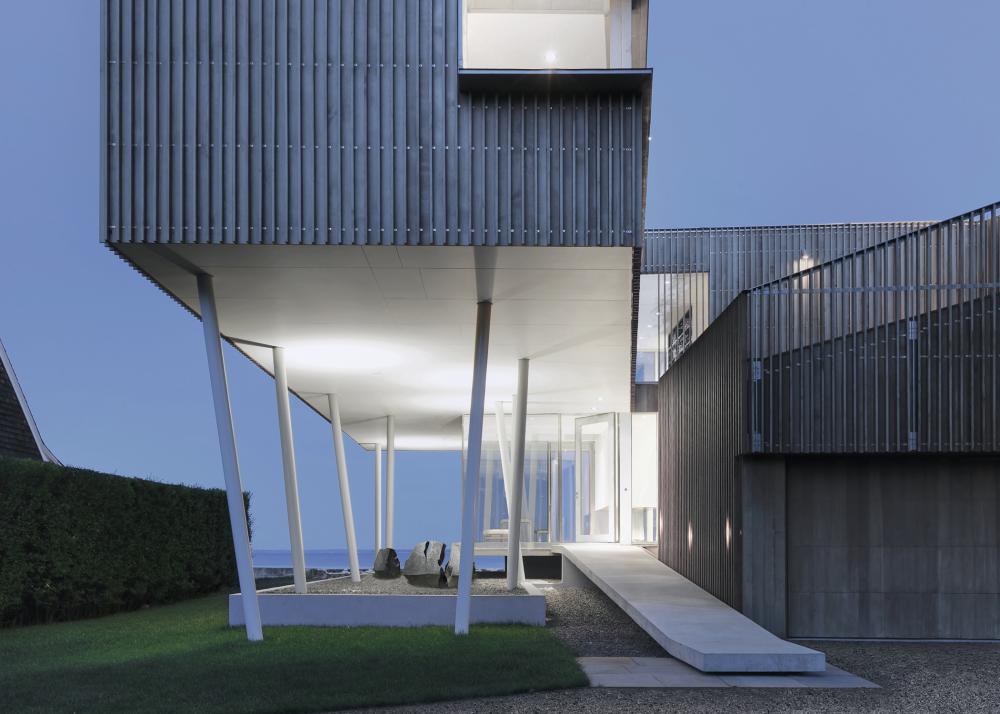Joeb Moore: Agents of Change - Rethinking the Past, Present & Future in Four Recent Projects

Over the course of his career, Joeb Moore has specialized in precise and creative buildings, landscapes, and environments that explore the interface between the social and the physical, between convention and invention. Moore is committed to the ideal that architecture is a material and social art that deftly engages with the visual, social, and political history and culture of which it is an active part. The underlying thesis is that great architecture should deepen human experience and engage our prosaic rituals, while also elevating our awareness of a larger, changing world.
As an AIA Fellow and the recipient of over fifty national, regional, and state architecture and design awards, Joeb Moore’s architecture has been consistently recognized for design excellence. Most recently, Stonington/Lincoln Residence was the recipient of an AIA New England Design Award, the BRIDGE House received the 2015 national AIA Housing Award and 35HP was a finalist for Interior Design Magazine’s Best of Year Award. Joeb Moore was also inducted into the New England Design Hall of Fame, which cited his work as “an incredible collection of thoughtful, complex, and striking residential buildings.” Moore is a Professor of Architecture at the Barnard + Columbia Undergraduate Architecture Department, where he has worked since 1992 and served as Assistant Director & Coordinator of the Architecture History/Theory tract from 1996-2006. He has also served as a Studio Critic at Yale School of Architecture in the Housing Studio since 2006.
Moore's work and architecture focuses on the fundamental nature and discord between house and home. In other words, on ontological questions of dwelling and the difficult search for connection and meaning in our work and lives. He believes a “home” is not a house at all; it is less about a fixed form or even a place, but more a journey through time and culture itself, a search and homecoming that confronts us with a deeper understanding of ourselves, the world, and others. Curiously, this journey is riddled with unknowns, dead ends, and trepidation, which is no surprise because it is a journey through representation itself, through experiences that reveal identity as an act of relations and as fundamentally unstable.

